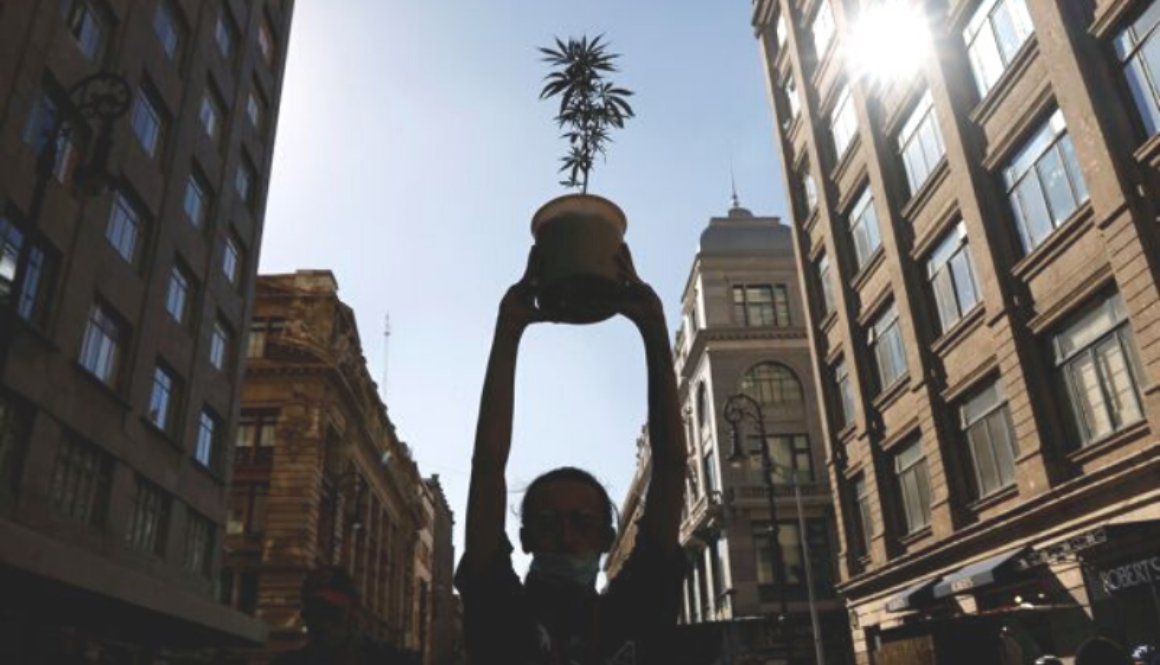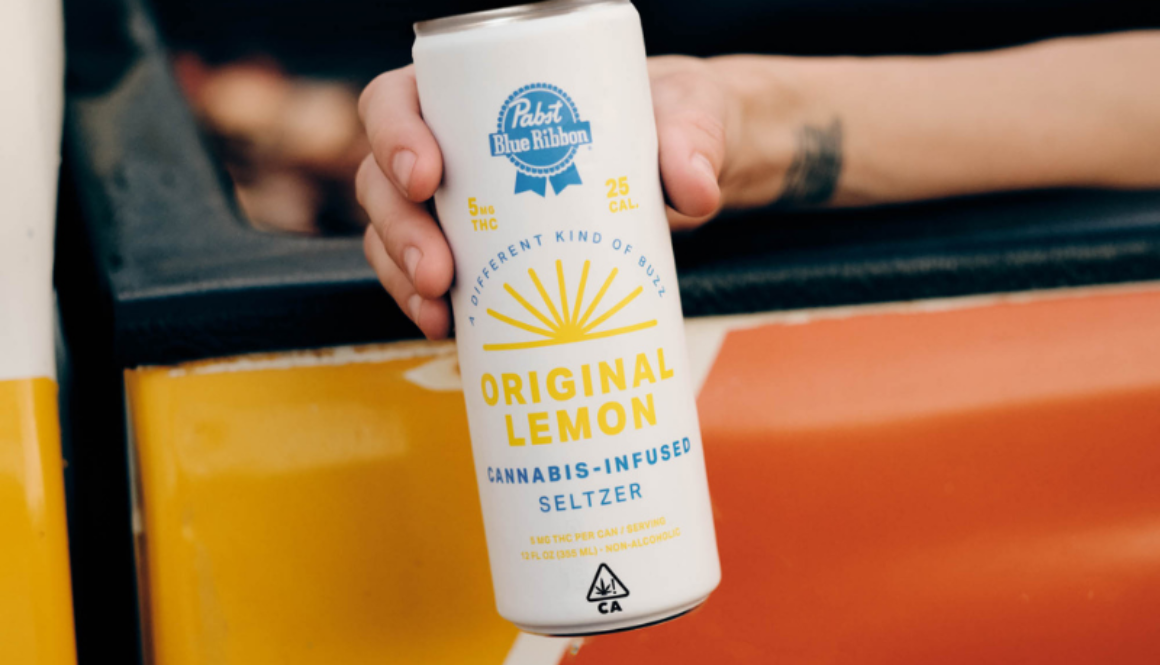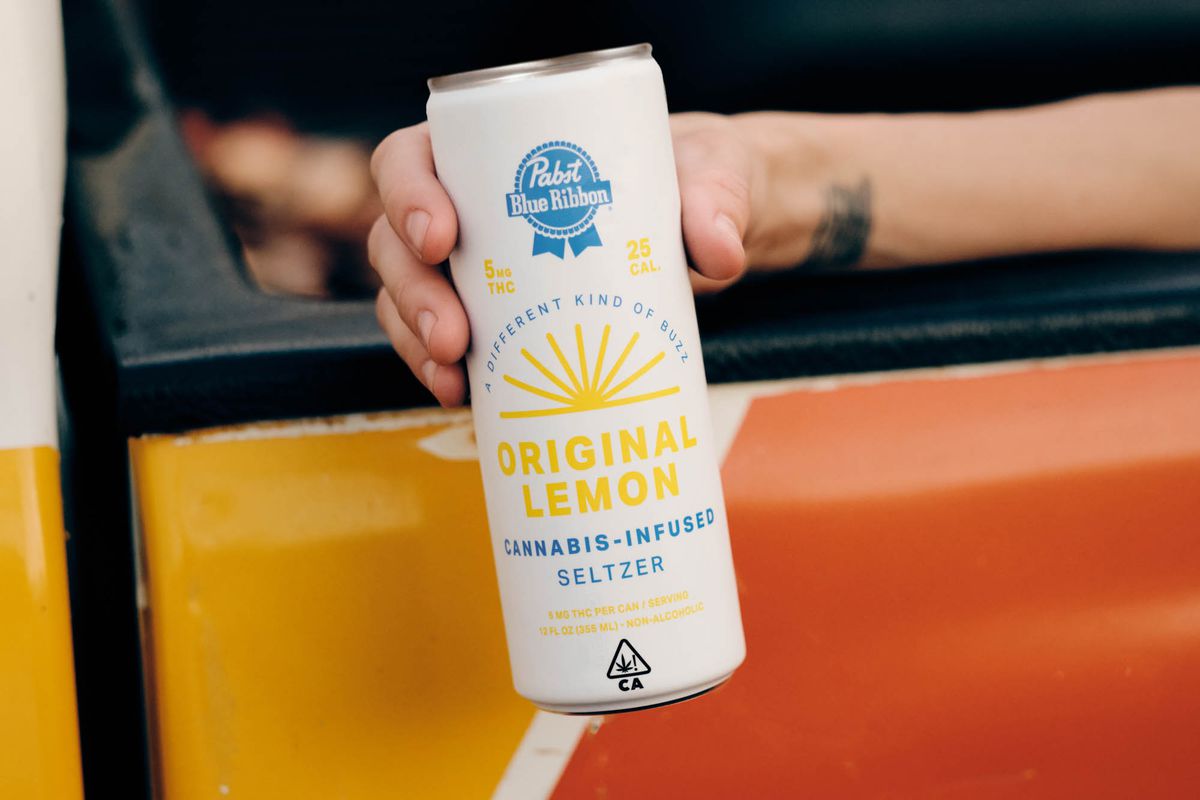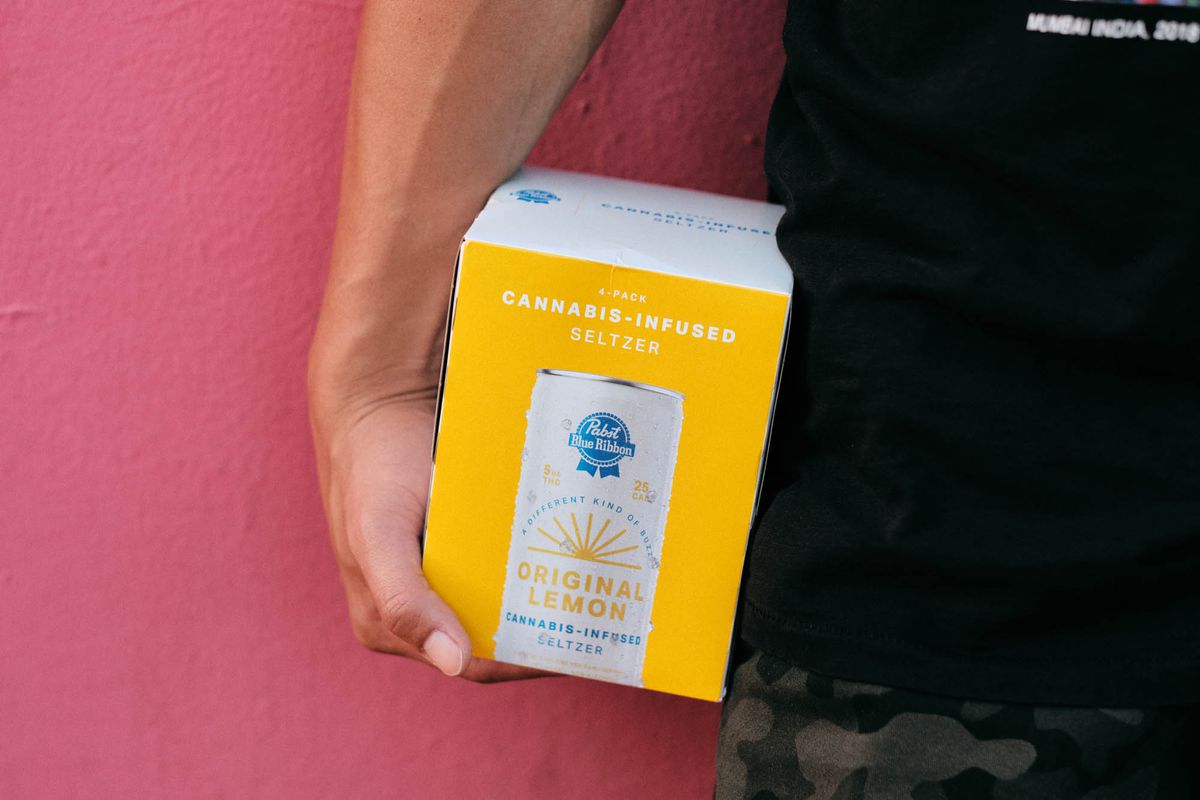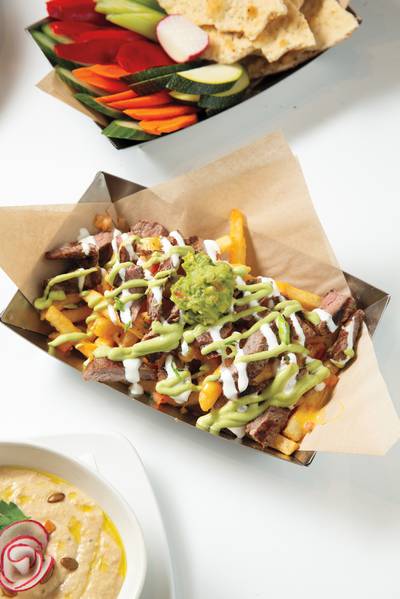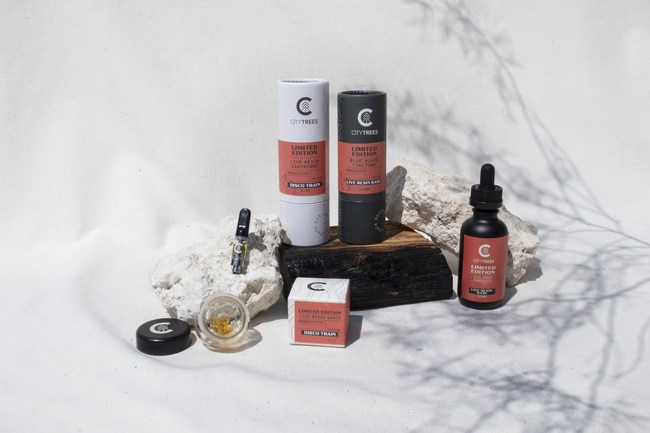By Catey Sullivan via The Chicago Reader – September 9th, 2020
The spaceship under construction across from Old Orchard Mall was the first thing that gave me comfort after I moved to Evanston on March 10. Moving during the first week of a pandemic-induced global lockdown that one suspects might also signify end-times is unnerving, but back in the early days that immediately followed the end of the before times, that spaceship made me smile.
I’d watch construction. I had time, as COVID has rendered my career as a theater critic less economically viable than the Palmer House. The sign went up. “Greenhouse,” in ten-foot-tall verdant, I-will-not-be-ignored green. I appreciated both the size and the matter-of-fact forthrightness.
In my experience visiting the weederies of these United States, be they in Oak Park or Evanston or Cape Cod or Colorado or L.A. or San Francisco, one generally waits in line in either a dank underground parking structure or a back alley or perhaps the odd viaduct if things get crowded. I have a low tolerance for ad hominem attempts at shaming. In addition to that humongous sign, the Greenhouse had a parking lot right out in the sunlight of a busy intersection with room for at least three dozen cars.
In April, I was eavesdropping from the perimeter of Dog Happy Hour, which was then and remains now one of the only places I’ve seen people since moving. I overheard someone saying there was a Belushi involved with this new greenhouse, and it would carry a strain of weed based on The Blues Brothers, plus another strain identical to the mythic Captain Jack, aka the “Smell of Saturday Night Live,” circa 1977, aka the wondrous bit of flora that birthed the Coneheads, among others.
I decided to investigate. The dog owners are a tough crowd. Perhaps I could become more than the unknown interloper whose pug pees on other people’s unattended beer koozies.
The Greenhouse founder and CEO is 30-year Deerfield resident Mitch Kahn, whose first dispensary was medical only, set in the back of an industrial Deerfield warehouse because—as he explained to me—“Back then, you had to put the dispensary in industrially zoned areas. They didn’t want you in retail areas.”
Thus far, the Greenhouse is the only place in the world right now where you can get Blues Brothers-branded weed. It’s grown in Illinois by Jim Belushi, brother of the late John Belushi, aka Joliet Jake of Blues Brothers fame.
If nothing else, Blues Brothers weed is million-dollar marketing. Many of my friends are of a demographic celebrating the 40th anniversary of The Blues Brothers movie, which came out in 1980, the summer of my senior year in high school. We are now all of an age to pine for the days when Jake and Elwood settled Nazis by sending them flying from Marina Towers into the lake. And when Mad Dog Murphy and Aretha lit up the Maxwell Street Café. When it was still possible to get the band back together. John Belushi was especially revered by my Wheaton classmates because he made it out of Wheaton and because he posed with a ginormous cigar hanging out of his mouth in his football team’s yearbook photo. That summer of 1980, still golden from the success of Animal House, John Belushi shone so brightly we thought we would all live forever.

As Jim Belushi sees it, had marijuana been legal 40 years ago, his brother would be alive today. “If they knew then what they know now . . . ” Belushi trails off. John Belushi died at 33 in 1982. The toxicology reports named a fatal drug interaction as the cause of death. As Jim Belushi recalls, his brother’s drug use started out as many do: John Belushi was a revered jock in a football town who got prescribed a lot of painkillers at a very young age.
Here is some context, courtesy of my years in high school in Wheaton.
John Belushi was an all-star linebacker at Wheaton High School (later Wheaton Central, where Jim graduated). No matter where you went to high school, the biggest extracurricular club was likely Jocks for Jesus or some variation thereof. Until John Belushi, the town’s biggest celebrity was Red Grange, the Galloping Ghost. Year upon year, the biggest political issue in Wheaton was whether it should remain dry, or whether alcohol could be sold within its assiduously maintained borders. (That didn’t happen until 1985.) Cannabis, we were all taught implicitly and explicitly, was a gateway to shame, disgrace, darkness, heroin, and very possibly living in a van down by the river.
John Belushi started having seizures as a teenager, his brother said.
“I saw him seize up in the kitchen when he was 18,” Jim Belushi said. “And it was from banging his head in football for years. Back then, it was like, ‘Oh what’s the matter, Belushi, you got your bell rung a little bit? Get back in there.’ And it just happened over and over.”
Numerous studies since Belushi’s football days (he graduated in 1967) on the field have shown that judiciously used cannabis can work as an effective “exit drug” to wean people from opiates, benzos, coke, and uppers. It has also been used as effective treatment for pain, PTSD, depression, anxiety, insomnia, seizures, and a host of other ailments. When my mother was dying of Parkinson’s, I gave her brownies packed with the stuff. Short of endgame amounts of morphine, it was the only thing that eased the pain.
Jim Belushi talks like an encyclopedia of weed, citing medical journals and scientific studies, explaining the ins and outs of terpenes and THC and CBD. He worked as a bouncer in Chicago for years. “I never had to break up a fight between two potheads,” he said.
Like The Blues Brothers legendary protagonists Joliet Jake and Elwood (played by Dan Aykroyd, who with John’s widow Judy holds the rights to the Blues Brothers brand) Jim Belushi claims he’s on a “mission from God” to educate the world about cannabis, and spread the gospel of its healing properties.

- Jim’s reality show Growing Belushi airs Wednesday at 9 PM on Discovery.
- DISCOVERY
He is documenting and further monetizing his journey with the TV show Growing Belushi, which follows him as he travels to Colombia and wrestles with the legacy of Pablo Escobar, accidentally burns down a laboriously raised crop of Captain Jack, and gets Aykroyd to give his legal blessing to a Blues Brothers-branded weed product.
“Brands have to do with an emotional connection. It’s not just a pretty box,” he said. “The Blues Brothers brand is about music and mischievousness and healing and creativity. It’s also got a kick. If you’re new, I recommend inhaling half the smoke, holding the other half in your mouth. Start slowly and safely.”
McHenry’s Michelle Garcia was first in line at the Greenhouse’s grand opening on September 3.
She was applauded as she ascended the curving interior staircase that leads from the Greenhouse’s ground floor showroom to the second level, where your order is processed and where you can access additional ATMs. She swanned back down, purchase in hand, like Gloria Swanson minus the tragedy.
“I’ve been smoking for 30 years. This is something new, something that sounds good and exciting. Of course I want to try it. I’d also like to meet Jim.” She would not succeed in the latter. Garcia was in line at 8 AM. Belushi pulled up in the Blues Mobile around 2 PM, long after she’d left.
Usually, Garcia said she goes to Mundelein for her weed. “They have two varieties of flower there,” she told me. “Do you know how many they have here?” I did not. “47,” Garcia said. “47.”
The dispensary I’ve been using, the one with the parking lot, hasn’t had flower since March.
While Garcia and dozens of others were shopping, the Skokie Chamber of Commerce was in full throttle hail-fellow-well-met-congrats-all-around mode.
A silver-haired man walking a large dog stopped in the parking lot, taking in the security guards discreetly positioned amidst tables heaped with complimentary chocolate chip scones and boxes of coffee. “To think I used to bank here back in the day,” he says. His tone sounds very pointed.
The skeleton of the bank that used to be at 10000 Skokie Blvd., Skokie, has been repurposed under architects Peter Theodore and Stephen Coorlas. The 15,000 square foot interior is by Epoch Design, and defined by two-story high walls, floor-to-ceiling greenery, and that dramatic staircase. The plants are fake, but way upscale fake and they look real. Teller cages on the ground level are staffed by smiling millennials with an encyclopedic knowledge of product, from heirloom bongs to CBD salves to 500 mg cartridges.
Worth noting: Most everything is slightly cheaper than it is at the parking lot place. 100 mg gummies start at $25. 500 mg cartridges can be had for less than $50.
Tablets and hand sanitizer and wipes are stationed throughout the space, where you can easily scroll through hundreds of menu items categorized by edibles, flower, oils, and cartridges, among other ingestibles. There, wares are displayed in gleaming jewelry boxes. No mask, no entry.
It’s not lost on Belushi that he’s engaged in a thriving business that sent countless people—most of them Black and Brown—to prison. Forbes reports that as of June, roughly 40,000 people remain in prison for marijuana offenses.
Belushi says he was busted twice by the Wheaton PD as a juvenile. “I was the crime rate in Wheaton,” he said, adding that “it wasn’t a big deal.”
But getting arrested is cataclysmically different for thousands of others, so Belushi is supporting the Last Prisoner Project. The nonprofit coalition of “cannabis industry leaders” say they are dedicated to “releasing cannabis prisoners and helping them rebuild their lives.”
Opening day at the Greenhouse, everyone got a T-shirt, a lighter, and a tote bag. I wore the shirt to Dog Happy Hour. It was a game changer. The guy drinking a juice box of Sangria wanted particulars on the vibe and the hours. The guy who doesn’t like to be told he looks like Michael McDonald waved when I left.
As for the Blues Brothers strain, it does have a kick, provided you don’t hold half the smoke in your mouth. And if it’s marketed with a hefty slice of nostalgia, well, hellsbells. It’s been a year.
